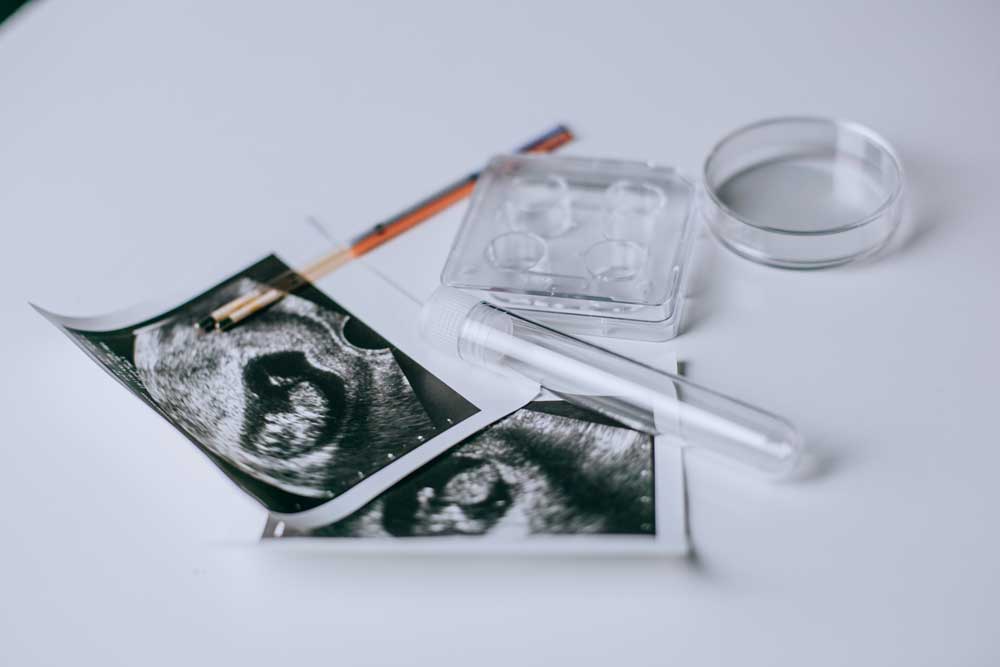Embryology, or the study of how life begins, has long fascinated humanity. Yet for decades, its foundations were built by women working quietly behind the scenes. World Embryologist Day is observed annually on July 25. It marks the birthday of Louise Joy Brown, the world’s first baby born via in vitro fertilisation (IVF) on July 25, 1978, in Oldham, United Kingdom. Her birth was enabled by embryologists and pioneers in reproductive medicine, heralded a new era in fertility treatment and possibility.
Every July 25, the global fertility and medical community hosts workshops, seminars, social campaigns, and educational outreach to highlight recent ART advances, address infertility stigma, and celebrate the professionals behind these breakthroughs.
Why Does Embryology Matter?
Embryologists combine scientific rigour with emotional support. They maintain sterile lab cultures, guide cell divisions, perform genetic screening, and ultimately help create families. For many infertile couples worldwide, their contributions represent hope, possibility, and transformative care.
Honouring Embryologists
July 25 acknowledges the meticulous and critical role of embryologists. These the scientists who handle gametes, fertilise eggs, monitor embryonic development in vitro, and make IVF possible. They ensure that each step from sperm selection to embryo transfer is guided by precision and care. There are several women at the forefront of embryology in India and abroad, making a difference to couples who seek fertility treatments.
Jean Purdy
Jean Purdy is recognised as the world’s first clinical embryologist, who played a central role in managing the lab and observing the first human blastocyst divisions that led to Louise Brown’s birth. She co-founded Bourn Hall Clinic and was critical in developing laboratory protocols for IVF. Purdy once halted all lab operations when she stayed behind caring for her sick mother, highlighting how vital she was to the IVF research infrastructure. She co-authored 26 scientific papers with Robert Edwards. While Edwards went on to win a Nobel Prize, Purdy’s achievements were sidelined by the Nobel committee. Still, her pioneering efforts were responsible for clinical breakthroughs in fertility.
Dr Firuza R Parikh
Dr Firuza Parikh is one of India’s most distinguished and pioneering figures in embryology and reproductive medicine, training at Yale University’s School of Medicine for four years. On returning to India, Dr Parikh founded and headed the first IVF centre in a private hospital. Within a year, her centre was attracting patients from across India and 35 other countries, quickly gaining international recognition. She delivered South East Asia’s first ICSI baby in 1994, introduced laser-assisted hatching in India (1999), enhancing implantation success for certain embryos and established India’s first Pre-implantation Genetic Diagnosis (PGD) lab in 2010, achieving the UK's first live birth following PGD for Robertsonian translocation.
Dr Indira Hinduja
Dr Indira Hinduja delivered India’s first test-tube baby at KEM Hospital, Mumbai in August 1986 and the first GIFT baby (Gamete Intra-Fallopian Transfer) in 1988. She is celebrated for developing oocyte donation for menopausal and early ovarian failure patients, resulting in India's first such baby in January 1991. She was awarded the Padma Shri in 2011 for her efforts, in addition to multiple lifetime achievement honours. Her patients have often shared that her techniques gave them hope and agency in a society where infertility remains stigmatised.

Dr Leela Mulherkar
Dr Leela introduced formal embryology and developmental biology teaching at University of Poona (now Pune) in the late 1950s, after training under CH Waddington in Edinburgh. She used chick and frog embryo explants in vitro, laying institutional foundations that led to the Indian Society of Developmental Biologists in 1977.
Dr Kamala Selvaraj
Dr Kamala Selvaraj inaugurated South India’s first IVF baby in 1990 and India’s first surrogate baby in 1994. She later delivered the first Indian IVF baby to a 55-year-old woman in 2002 using innovative ART techniques, impacting fertility treatment access and norms. She is ably succeeded by her daughter Dr Priya Selvaraj, who delivered India’s first frozen oocyte baby in 2008.
Hilde Mangold
Hailing from Germany, Hilde Mangold’s 1923 doctoral experiment with amphibian embryos led to the discovery of the ‘embryonic organiser’ concept, underlying embryonic induction and later studies of cell fate and cloning. Her thesis directly enabled Hans Spemann’s Nobel Prize (1935) in Physiology or Medicine. She earned her PhD in an era when female scientists were rare, though she tragically died young in 1924.
Anne McLaren
A pioneering developmental biologist whose research advanced IVF and animal genetics, UK-based Anne McLaren helped shape ethical frameworks around reproductive science. For her efforts, she was awarded prestigious honours such as the Royal Medal and Japan Prize.
Ethel Browne Harvey
Ethel Browne Harvey conducted revolutionary work with sea urchin parthenogenesis, showing that egg cytoplasm, even without nucleus, could initiate embryonic cell division. The US-based Harvey challenged assumptions about chromosomal necessity through her pathbreaking work. Her technique was dubbed parthenogenic merogony, making her a pioneer in developmental biology.
These women integrated art and ethics into science, ensuring embryology wasn’t just a technical pursuit, but also humane and inclusive. They often worked behind male supervisors or in male-dominated institutions, yet made essential, lasting contributions. Their legacies continue to shape reproductive rights, fertility access, and gender equity in science, especially in India, where access to IVF and related technologies is expanding.